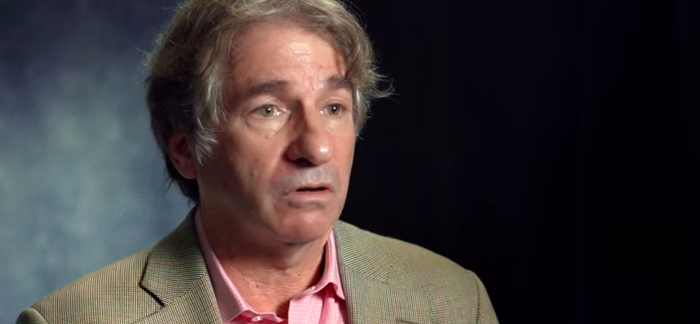In many societies, children reach an age of majority where they are 100% responsible for the decisions that they make. The problem with this perspective is that it means children can get away with heinous crimes, like murder, rape, or treason, that would normally be considered a capital offense, without much prison time at all. Even if the child is tried in adult court, because they haven’t reached the age of majority, the death penalty is taken off the table.
Should juveniles be sentenced to the death penalty? Here are some pros and cons to consider.
The Pros of Sentencing Juveniles to the Death Penalty
It would be a potential deterrent to crime.
Many youth offenders know the laws very well and understand that they can get away with a tremendous amount of crime without it affecting their adult records. By introducing the death penalty into the juvenile justice system, the idea of murder and other heinous crimes would potentially not be as favorable in the mind of the offender.
It would stop juvenile offenders from becoming adult offenders.
Most juvenile offenders that commit serious felonies go onto become adults that commit serious felonies. By introducing the death penalty for certain crimes, it would stop the transitional process and protect the greater good of society much more effectively.
It could save the justice system money.
If juvenile offenders turn into adult offenders, then each trial, charge, or prison stay they accumulate would have costs that taxpayers would be forced to pay. With the death penalty in place, there would just be one overall cost.
The Cons of Sentencing Juveniles to the Death Penalty
Kids don’t often understand the concept of action and consequence.
There is a certain right and wrong that kids understand, but they don’t always get the notion that one action could lead to an outcome where they’re receiving a lethal injection. This logical concept tends to develop as a teen reaches the age of majority.
It may not really bring justice.
When a child commits a crime, who is really at fault? The child… or the parents who have been raising that child? Putting juveniles to death may stop an offender from transitioning into the adult system, but it doesn’t address the core issue that society is facing. Many parents are failing in their responsibilities.
Many people consider it to be ethically wrong.
In the United States, it is illegal to charge a juvenile with a capital offense. Even if it were legal, however, many would consider the practice to be ethically wrong. Children are more adaptable to changing environments and have a greater chance of rehabilitation.
The death penalty for juveniles is a controversial subject where passions run high on both sides of the debate. In weighing the pros and cons of this subject, one thing is clear: both sides want to see justice served. By looking at this issue from both sides, each person can then form their own opinion and join the debate.




